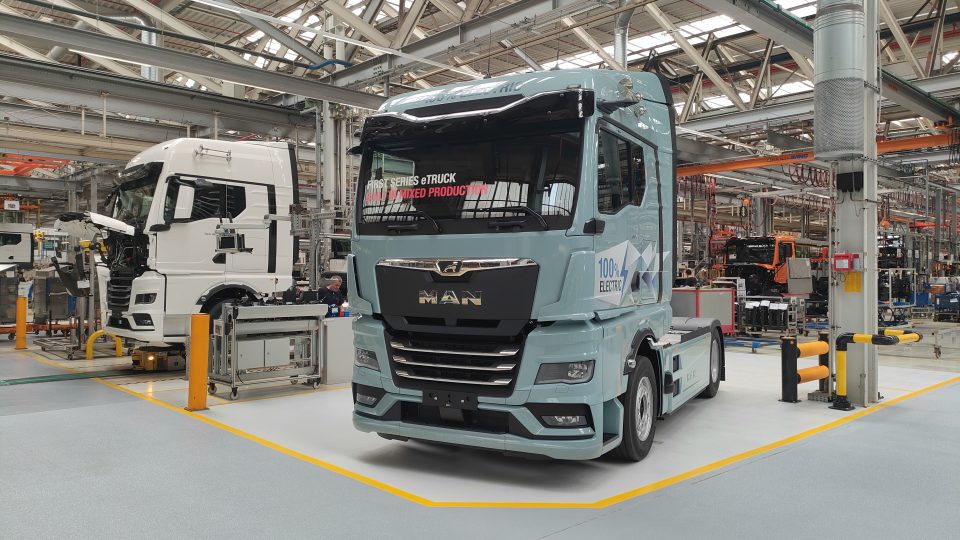BYD’s vehicle factory in Hungary is getting closer after signign ceremony held at the end of January
An official ceremony held on January 30 signals the preliminary phase of BYD's state-of-the-art production facility in Hungary. The highly advanced manufacturing plant will be built in Szeged, in the South East of the country.

Chinese car and commercial vehicle manufacturer BYD will soon be building its passenger cars (and perhaps even commercial vehicles) in Hungary. It is indeed the door to the European market, according to the strategy planned by the Chinese giant.
BYD production plant in Hungary, the preliminary phase has started
An official ceremony held on January 30 signals the preliminary phase of BYD’s state-of-the-art production facility in Hungary. The highly advanced manufacturing plant will be built in Szeged, in the South East of the country. The Szeged facility will be the first passenger vehicle manufacturing facility established in Europe by a Chinese automotive company. This marks an important milestone for the pioneering automaker as it further progresses its new energy vehicle operations in Europe.
BYD wants to have the factory open and operational within three years. The Chinese manufacturer already has a strong presence in Hungary, having established a high-tech eBus production facility in Komarom since 2016. This has led to BYD’s further investment in the country.

















